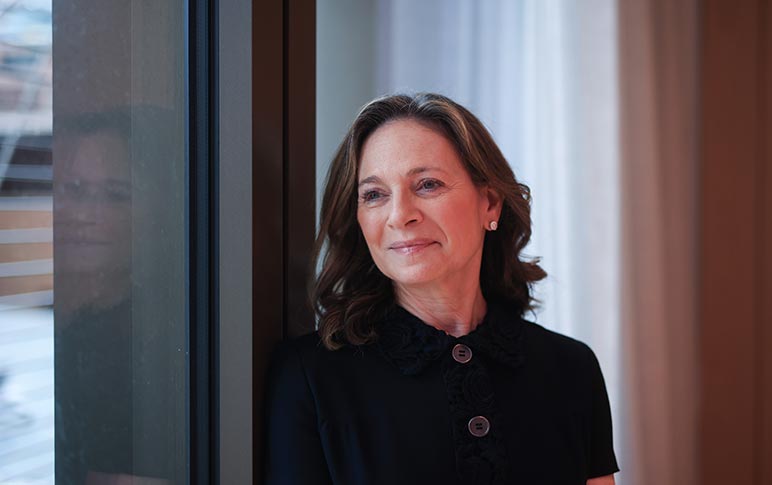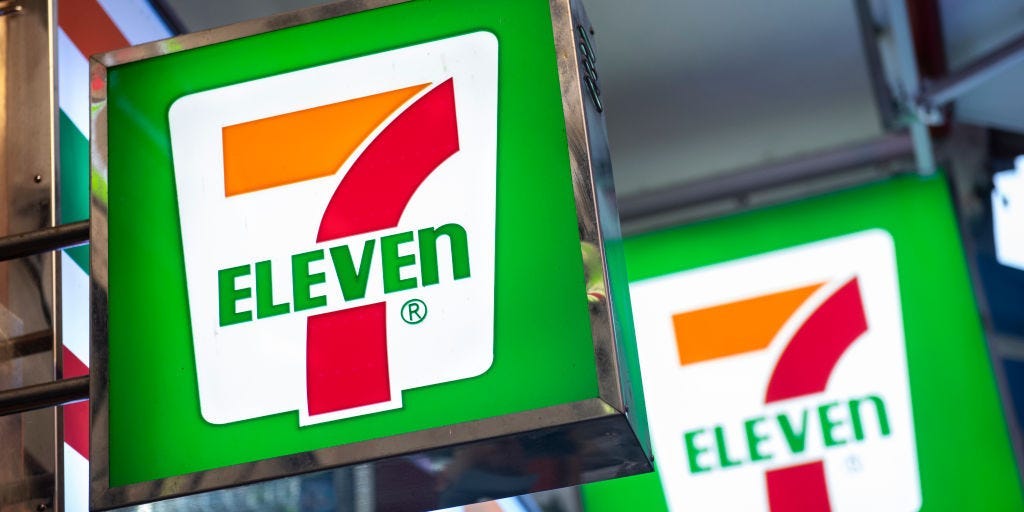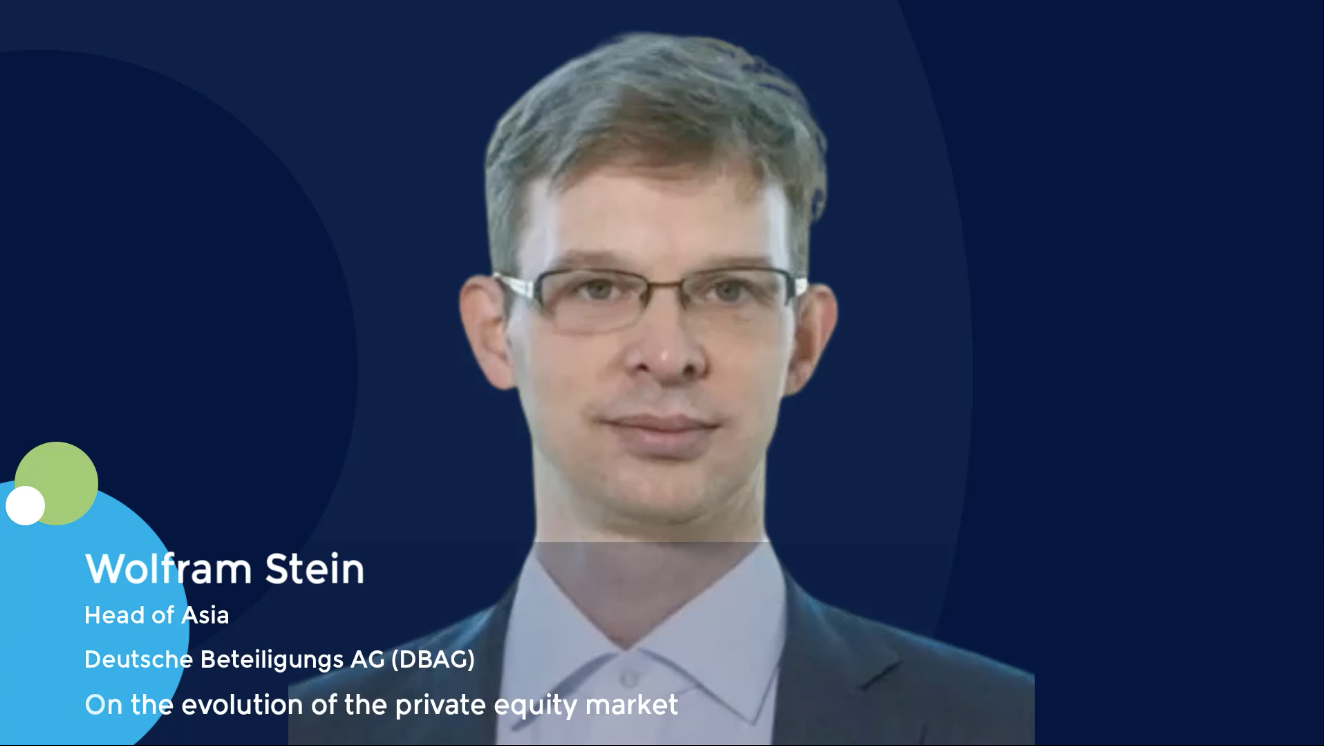Blackstone Inc.’s Joan Solotar spent most of the past decade focused on attracting money from wealthy investors as part of the private market giant’s race to manage $1 trillion in assets.
Now, after hitting a $250 billion fundraising target at her unit about four years ahead of schedule, Blackstone’s global head of private wealth solutions is setting her sights on an ambitious $1 trillion goal at her own business.
In the past five years, the wealth unit at the world’s biggest alternative assets manager has increased the amount of money it oversees by almost five-fold as part of an expansion drive across the US, Europe and Asia. That’s helped to push the New York firm’s share price to a record this year and positioned Solotar as a pivotal figure at the company she joined in 2007, after running Bank of America Corp.’s equity research team.
Solotar, 60, spoke to Bloomberg on the future of private markets, what inspires her and what she’s learned leading her business at Blackstone, which last year hit its original target of managing $1 trillion in overall assets by 2026. Her comments have been edited and condensed for brevity. She spoke during Bloomberg’s Women, Money & Power event in London earlier this week.
Q: Now that you’ve delivered on your $250 billion goal, what motivates you to keep going?
What’s next is $1 trillion, I hope. We will continue to build this business into something even more scalable. I put out the $250 billion target based on what I thought we would be able to deliver in a 10-year period, and we were able to achieve it earlier. As I go through our strategic plans and look at the opportunity set, I think we can double and triple that business over time.
It’s hard to know exactly what year — and many things have to fall into place — but around the world you’re seeing an increase in private market allocations from virtually 0%. Most chief investment officers have a target of somewhere between 20% and 30% recommended private investments in a portfolio. So, if we hold our market share, that represents a very significant opportunity set.
Q: You’ve opened up access to private markets to individual investors. As you continue to do that, is there anything that you fear can get in the way?
The path of travel is clear: individuals will allocate more, but there’s never a straight path so market disruption — which can change sentiment into risk-off — could provide at least temporary pullbacks. But I think the secular trend is very, very clear.
Private markets not only provide higher returns, but they’re also less correlated to stocks and bonds and provide good diversification. There are also more accessible quality products, while technology and education is getting better as well. To me, all of those are needed to unlock the market, and they’re happening simultaneously.
Q: A lot of people are now talking about democratizing access to private markets. Is it getting more competitive?
We have competitors in each of the asset classes — strong competitors, but not much competition across the board. If you are a major institution, and you want to ultimately allocate $100 billion to $200 billion to privates, you’re going to want to do that with firms that can manage real scale because you don’t want to be the majority of anyone’s fund. There are very few firms that are going to be able to meet that demand, and you really haven’t seen new entrants in terms of major private equity firms or major real estate firms — even if you go all the way back to the global financial crisis.
Q: What have you learned from expanding your private wealth business from the US into other geographies?
Each country has unique elements with regulations and how people invest. In Germany, there’s a tendency towards large real estate ownership, so they might be more interested in private credit or private equity. In Japan, they’ve had zero growth and zero inflation for decades, but that’s now changing and there is interest across the asset classes in private credit, real estate and private equity.
We do take the lessons from the US and bring them to other markets, such as you need to meet people one-on-one. You can’t take for granted that, just because you have a fund, they will come to you. I like to say on open-ended funds — which are referred to as “perpetual funds” – that perpetual means always and forever. So, you need to be out there talking to financial advisors every day.
Q: Finally, what have you watched, listened to or read recently that has left an impression?
I read recently Walter Isaacson‘s biography of Elon Musk. I like reading biographies generally, so I would put this one in the same category as others that I found fascinating, whether it was about Steve Jobs, Phil Knight or Barack Obama. Byron Wien, who worked on our team, used to say you should try to discover what impacted someone’s life before they turned 18. When you read about Elon Musk’s childhood, you get a better understanding of what drives him and how his personality shaped over time.
I also love reading fiction. A book I recently read is “Small Things Like These” by Claire Keegan. It’s just a haunting, powerful story that’s beautifully written and speaks to the impact that one individual can have.




